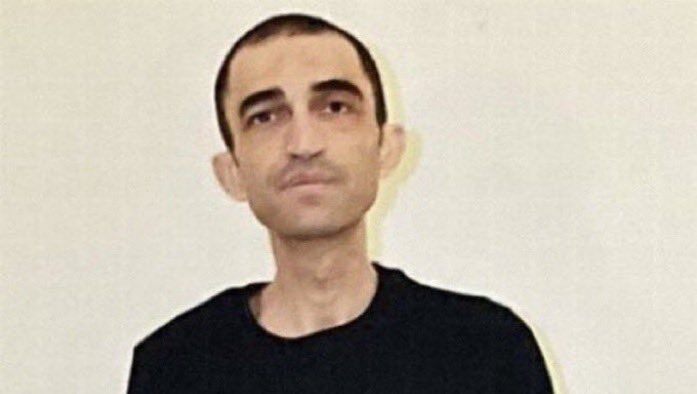Social media users on Tuesday called on Turkish authorities to grant parole to Mehmet Parlak, a kidney disease patient whose health has deteriorated due to alleged negligence by the prison administration.
Parlak’s wife, Nurten Parlak, made a public appeal on X, formerly known as Twitter, urging action from the authorities. “My husband had a kidney transplant. He has lost 70 percent of his kidney function and has lost a lot of weight in prison,” she tweeted.
Parlak, a former court clerk, was dismissed by a government decree following a 2016 failed coup in Turkey and was sentenced to over six years in prison in 2022 for his alleged links to the faith-based Gülen movement.
Turkish President Recep Tayyip Erdoğan has been targeting followers of the Gülen movement, inspired by Turkish Muslim cleric Fethullah Gülen, since the 2013 corruption investigations, which implicated then-prime minister Erdoğan, his family members and his inner circle.
Dismissing the investigations as a Gülenist coup and conspiracy against his government, Erdoğan designated the movement as a terrorist organization and began to target its members. He intensified the crackdown on the movement following the abortive putsch in 2016 that he accused Gülen of masterminding. Gülen and the movement strongly deny involvement in the coup attempt or any terrorist activity.
After his kidney transplant in 2013, Parlak had been seeing a doctor every three months and following a special diet and hygienic procedures as prescribed.
However, since his imprisonment, Parlak has not received proper medical care, leading to a rapid deterioration of his health. He has lost around 20 kilograms and suffered medical emergencies, including severe diarrhea lasting a month due to prison food.
The social media campaign also highlighted the recent pardoning of seven retired generals, due to their advanced age, who were serving life sentences for their role in a 1997 military intervention known as the February 28 postmodern coup and called for similar leniency for sick inmates.
Every year, rights groups report the death of dozens of sick prisoners, either while behind bars or shortly after their belated release, which often comes at the end-stage of their illnesses.
















